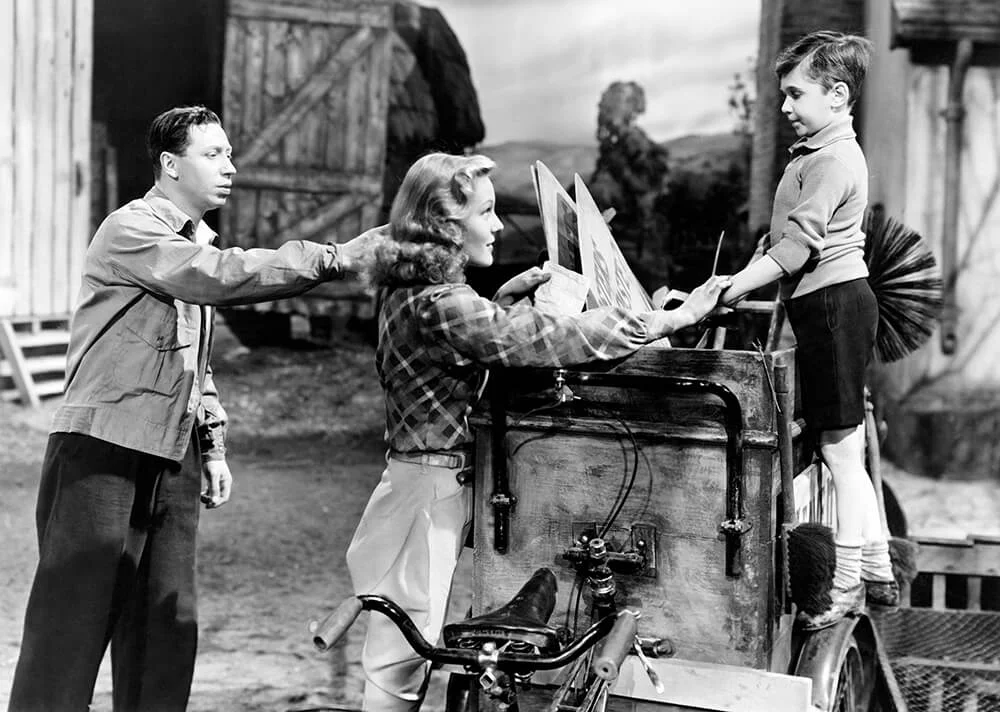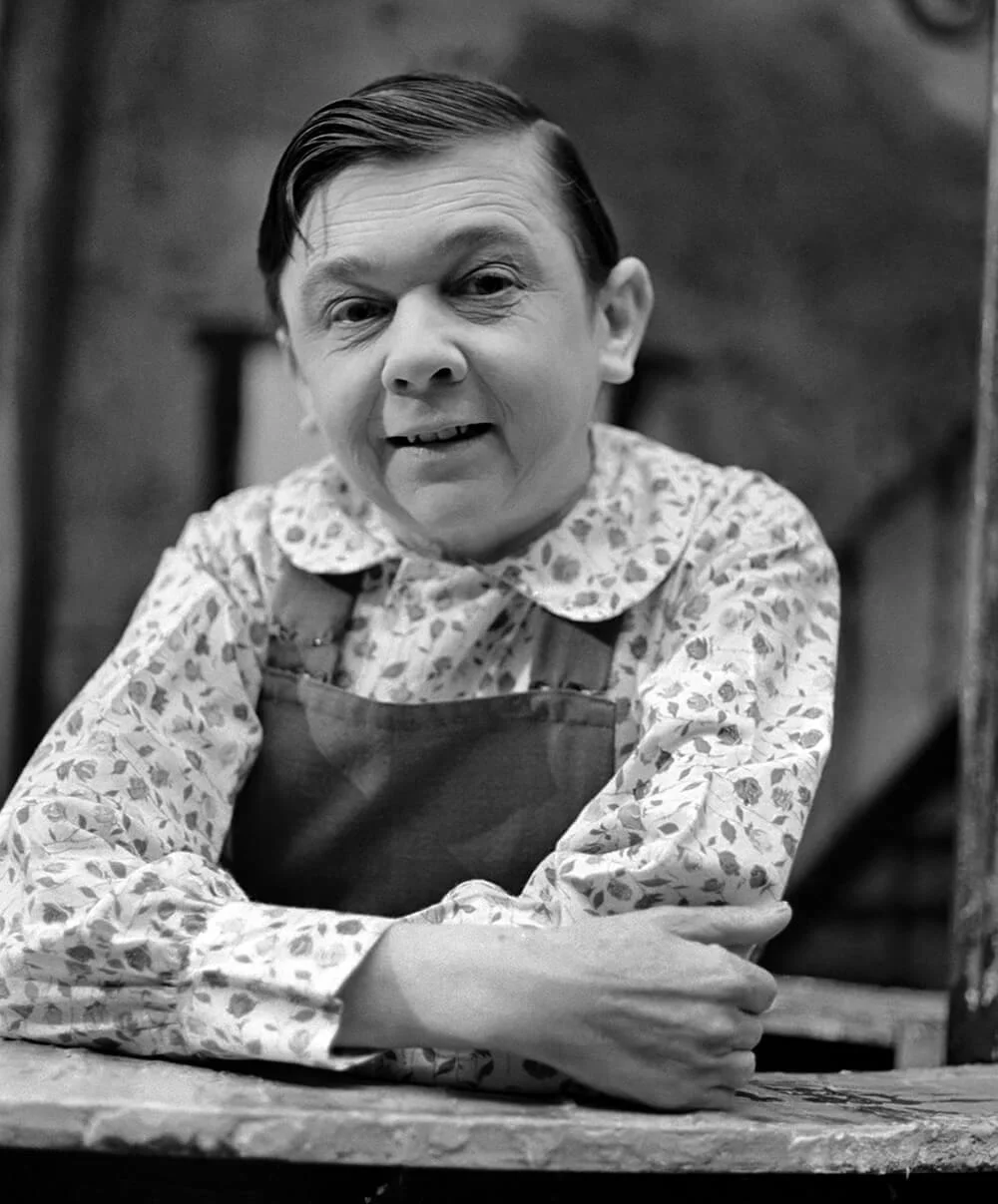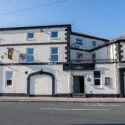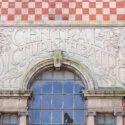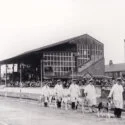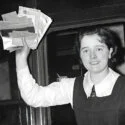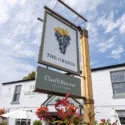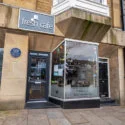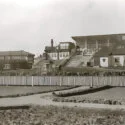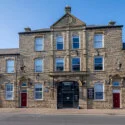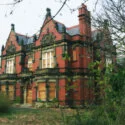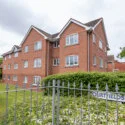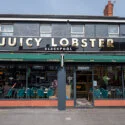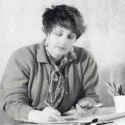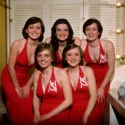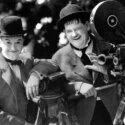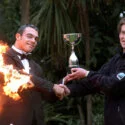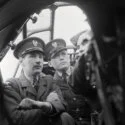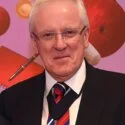Clitheroe began touring Yorkshire and Lancashire in 1937 as a boy accordionist and versatile musician, also mastering the xylophone and saxophone. He later performed in pantomime, often cast as Buttons, Tom Thumb, or Wishee Washee, and shared stages with stars like “Two Ton” Tessie O’Shea. A chance encounter with Arthur Lucan and Kitty McShane in 1940 led to his entry into films, where he appeared alongside British entertainment legends like George Formby, Vera Lynn, and Frank Randle. During the 1940s, Clitheroe also graced summer seasons and pantomimes, cementing his reputation as a dynamic performer.
By the mid-20th century, Clitheroe had transitioned to radio, debuting on the BBC’s regional Home Service North in 1954 before gaining nationwide fame with The Clitheroe Kid on the BBC Light Programme. The show, which ran until 1972, featured his signature catchphrase, “Don’t some mothers ‘ave ’em!” Its success spawned two ITV television adaptations: That’s My Boy! (1963) and Just Jimmy (1964–1968), the latter starring Mollie Sugden as his on-screen mother. Offstage, Clitheroe lived in a bungalow at 118 Bispham Road, Blackpool, with his devoted mother. His father had passed away in 1951 due to long-term injuries from World War I. Unmarried and deeply attached to his family, he was godfather to co-star Diana Day’s daughter and drove a specially adapted Mercedes-Benz, often attracting police attention due to his childlike appearance behind the wheel. Beyond show business, he owned a bookmaker’s shop on Springfield Road, Blackpool, and the Fernhill Hotel in Preesall.
In 1959, Clitheroe achieved a career milestone when he performed at the Royal Command Variety Show in the presence of the Queen Mother. Despite his enduring popularity, The Clitheroe Kid ended in September 1972 after a 16-year run. In that same year he also opened Blackpool Model Village at Stanley Park. The post on Blackpool Timeline features a rarely seen photograph of him with Blackpool Mayor Edmund Wynne.
The following year, during a variety show tour, he collapsed in a Plymouth hotel and spent several days in hospital. On 6 June 1973, tragedy struck. Grieving the loss of his mother, who had died just days earlier, Clitheroe accidentally overdosed on sleeping pills, compounded by alcohol. Found unconscious by relatives, he died later that day in Blackpool. Clitheroe’s funeral was held at Carleton Crematorium, where over 300 mourners gathered to pay their respects. A plaque commemorates his life, attached to Memorial Tree Number 3. His legacy endures as one of Britain’s most beloved comic entertainers, whose small stature belied his towering talent in British radio, television, and theatre.
